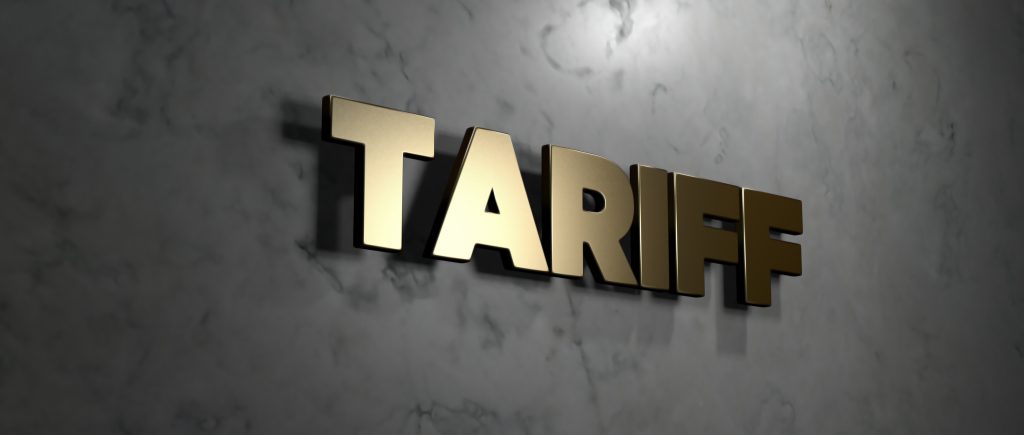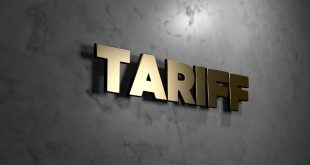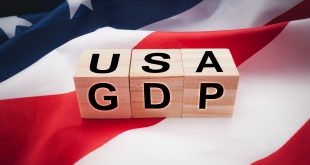Switzerland is ramping up its diplomatic and business efforts in Washington to tackle the crushing 39% U.S. tariffs on its exports—the steepest in Europe. After initial attempts by Swiss officials to sway President Trump failed, a November visit by Swiss business leaders appears to have shifted the conversation.
Swiss ministers in Washington described talks as “very positive” and focused, signaling an awareness of the U.S.-Swiss trade deficit and a willingness to address it. While the Swiss president’s previous efforts reportedly fell on deaf ears, last week’s private initiative by Swiss industrialists seems to have made an impression. Bringing gifts ranging from Rolex watches to engraved gold bars, Swiss executives sought to combine diplomacy with a strategic display of Swiss craftsmanship and unity between the private and public sectors.
The approach seems to be working. President Trump indicated that a deal to reduce the tariffs is underway, though specific numbers have not yet been set. Swiss trade officials are cautiously optimistic, with hints that tariffs could fall to 15%, aligning with U.S. rates for other European nations. In return, Swiss pharmaceutical companies have pledged to expand production in the United States, and Swiss International Airlines may pivot from Airbus to Boeing in future acquisitions.
Meanwhile, the Trump administration is also considering broad exemptions on tariffs to help curb rising food prices at home. Items under review include beef, coffee, citrus, and other agricultural products that the United States cannot produce at scale. These exemptions would represent a significant rollback of the tariffs imposed earlier this year and are motivated by mounting consumer pressure and recent electoral setbacks linked to affordability concerns.
Treasury officials suggest that lowering tariffs on imports like coffee, bananas, and other produce could bring prices down quickly, though global market factors may temper the immediate effect. The administration has already negotiated new trade deals with countries including Argentina, Guatemala, El Salvador, and Ecuador, further signaling a willingness to balance protectionism with strategic economic relief for U.S. consumers.
While the Swiss and U.S. talks focus on specific tariff reductions, the broader narrative is clear: trade negotiations are increasingly entangled with personal diplomacy, business influence, and domestic economic concerns. Swiss executives leveraging their relationships with the U.S. president, combined with potential food price relief for Americans, illustrates the complex interplay between international trade, politics, and everyday life.
With the Swiss seeking to safeguard jobs and exports and the U.S. striving to ease inflationary pressures, the next few weeks could prove pivotal. For Swiss businesses and American consumers alike, the outcome of these negotiations will have tangible consequences, from luxury goods to grocery store staples.

 Noor Trends News, Technical Analysis, Educational Tools and Recommendations
Noor Trends News, Technical Analysis, Educational Tools and Recommendations




